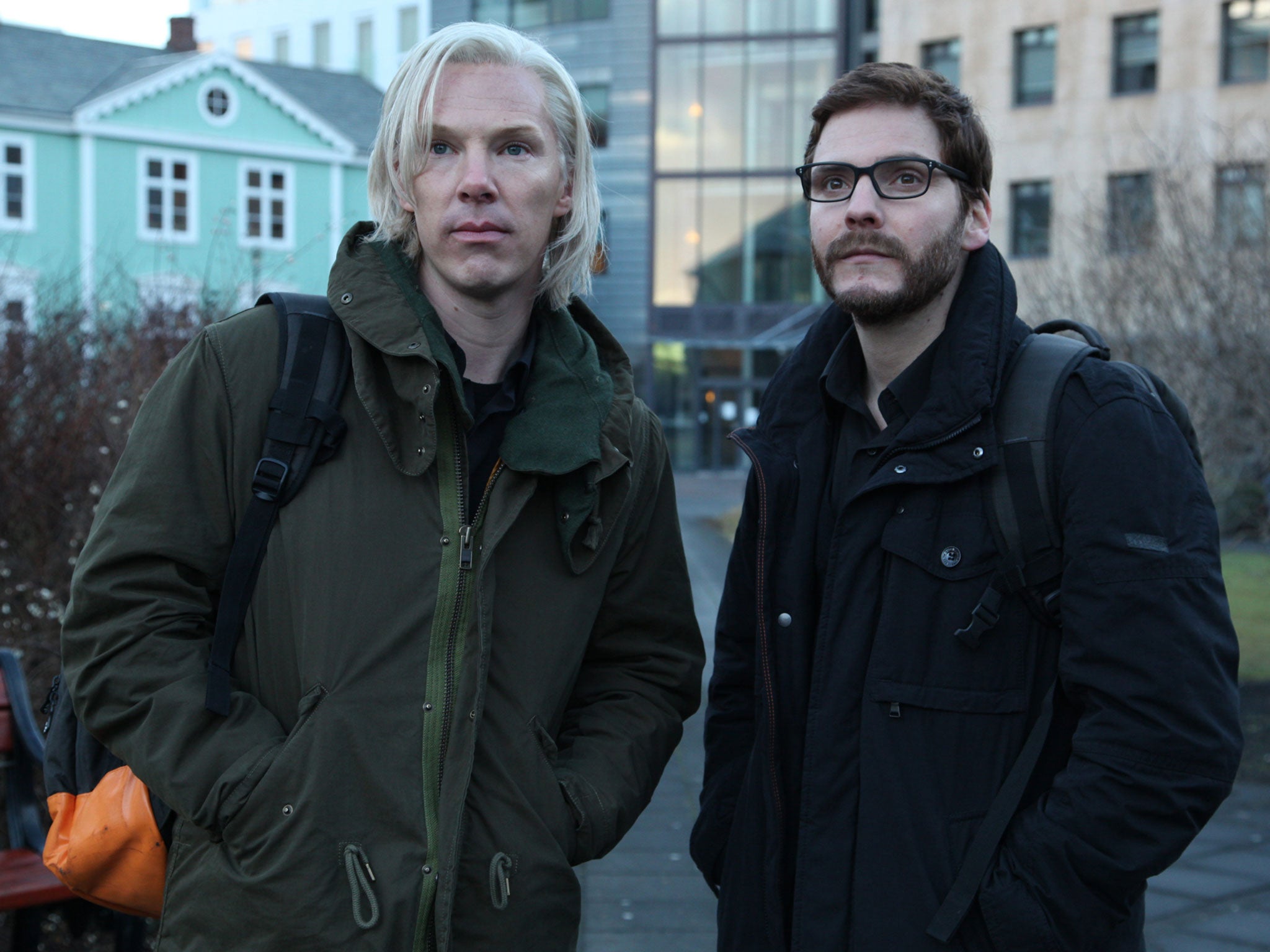Lessons to take from the greatest film flops
‘The Fifth Estate’ was the year’s worst cinematic flop, but there are lessons to be learnt from all 2013’s tally of turkeys


The new issue of the American business journal Forbes carries a list of the year’s biggest flops in the cinema. And topping the chart of chaff is The Fifth Estate, that film about Julian Assange which memorably featured footage from the Guardian newsroom and an impersonation of the newspaper’s redoubtable editor, Alan Rusbridger. Others in the tariff of trash included Bullet to the Head, starring Sylvester Stallone, Paranoia with Harrison Ford, Parker (starring British baldie, Jason Statham) and Broken City with Mark Wahlberg.
“Flop” means that a film doesn’t earn back its budget; the Assange movie made only £3.7m worldwide after costing £17m. But you can’t blame just poor advance accounting. Reviews can sometimes sink a film (or so critics believe, conveniently ignoring the No 1 box office success of About Time) word-of-mouth can be as crushing as it can be ecstatic, and sometimes there are factors involved that the producer just didn’t see, or see coming.
Take The Fifth Estate. I suspect that not enough people were keen to spend two hours in the company of the Aussie super-hacker, even impersonated by Benedict Cumberbatch in a seriously horrible, ratty blonde wig. Was it something to do with the great man’s year-long sojourn in the Ecuadorian embassy? With the fact that a documentary about WikiLeaks, called We Steal Secrets, came out only weeks earlier? With Ed Snowden’s eclipsing of Julian as the focus for debate about freedom of speech vs. national security? With memories that the book on which the film was based (by Daniel Berg) brought to light Julian’s unsavoury house-guest habits? With the still-pending Swedish sexual assault allegations?
Given the number of negative factors, it’s surprising so many people went to see it at all. But one should try to draw lessons from films that have done badly, or been judged turkeys by the critics. Lessons like these, for instance:
Bullet to the Head
Unbelievably, the viewing public do grow tired of septuagenarian lummoxes still trying to play tough guys, when they can’t stand upright without a spinal brace, and whose dire lines of script (“When I get to this guy, it’s gonna be bad”) emerge as through a mouthful of wet Polyfilla. See also Arnold Schwarzenegger in The Last Stand, Bruce Willis in Die Hard 5.
Paranoia
Nobody, on either side of the Atlantic, wanted to see Harrison Ford as an elderly, bald, specky Rupert Murdoch-alike, or Gary Oldman as his hated rival, the Alfred Doolittle-channelling, Cockernee techno-boss (“Oi own you, moi son…”)
Parker
Sorry, we’ve had enough of Jason Statham’s signature gesture, that full-arm gun-brandish. And the name is hopeless. Nothing is gained by naming a hitman after Lady Penelope’s chauffeur in Thunderbirds. (See also John Carter, below)
Broken City
Incredible though it may seem, and despite the presence of Mark Wahlberg, Russell Crowe with another vile haircut, and Catherine Zeta-Jones, potential viewers could tell from the trailer this would a morass of predictability (corrupt politician has people killed) and script cliché (“I own you” – again!)
Only God Forgives
We learned from the terrible reviews that, however much the leading man wants to help out his friend the director (Nicolas Winding Refn), Ryan Gosling needs to be given things to express on-screen, not just have him stare into the distance or people will start to think he can’t actually act at all.
The Lone Ranger
We learned it helps if the ideal demographic for a summer blockbuster – 12 to 24-year-olds – knows the subject that’s been blockbustered. They will have seen superheroes many times, even if they never read the 1930s DC comics. But weren’t they too young to know anything about the 1950s TV Lone Ranger? And was it wise to cast Johnny Depp as Tonto (the original was a real Mohawk Indian) as a wacky “Red Indian” who betrays no emotion when his old tribe is wiped out?
Diana
We learned you can outrage critics by being too careful, wary and determinedly inoffensive; that you can’t make a lightweight romance from a tragic story; that you shouldn’t employ a German director, whose last film subject was Hitler, for such a British subject, and that even a fine actress as Naomi Watts can seem miscast when, while standing at 5ft 4in, she’s playing a woman of 5ft 10in.
More from John Walsh this week here: http://www.independent.co.uk/voices/comment/why-erase-memories-that-make-us-wince-or-cringe-8967830.html
Join our commenting forum
Join thought-provoking conversations, follow other Independent readers and see their replies
Comments
Bookmark popover
Removed from bookmarks